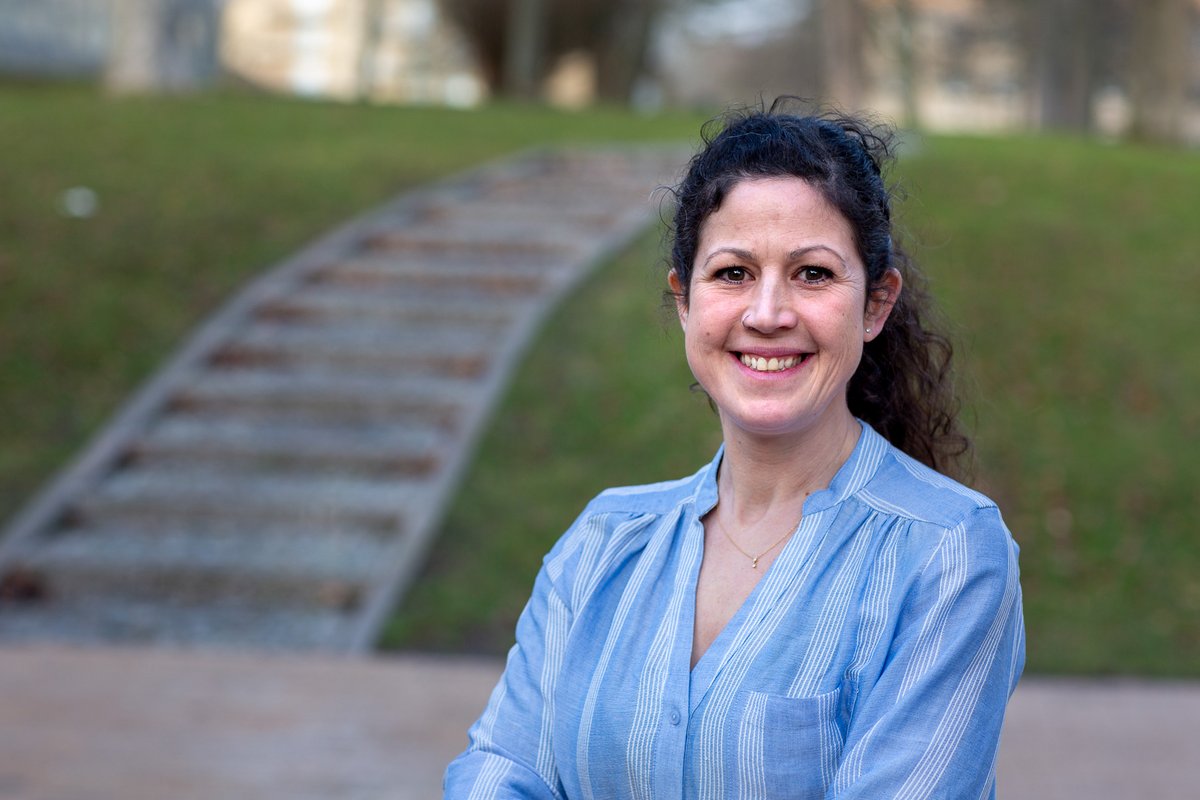
Working memory (WM) is a cognitive system holding and manipulating information for a short period of time even when no longer externally available. It is essential in everyday life (i.e. holding a conversation) and is inextricably linked to attention. Its decline is a core symptom in aging as well as many neurological conditions (i.e. schizophrenia) and the aim of this fellowship is to investigate the neuronal mechanisms supporting such vital WM operations.
In this project I will use well-established non-invasive electrophysiological methods (EEG, MEG, TMS), as well as novel approaches (pattern classification, OPM, rapid frequency tagging) combined with specifically designed cognitive paradigms to allow me to identify the representations of individual items during WM in healthy participants.
Furthermore, given the relevance and impact of WM decline in clinical conditions I will investigate what happens to items during WM maintenance when perceptual input has been impoverished and attention allocation has failed as a result of perceptual constraints.
In short, I propose to investigate how information is maintained in WM and how underlying neural mechanisms are impacted by perceptual and attentional constraints.
I obtained an integrated BSc-Masters degree in Psychology (clinical and neuroscience) at Salzburg University (AT) and Auckland University (NZ) and a PhD in Cognitive Neuroscience at Surrey University, UK. I then moved on to a postdoc at LMU Munich, DE and a Marie Sklodowska Curie IF at Birmingham University, UK. Throughout I have been focussing on brain oscillatory rhythms during working memory and attention in the healthy young as well as aging brain and in patients suffering from Schizophrenia.
Project title: How do we remember: Replay mechanisms during working memory maintenance and the impact of degraded percepts
Area of research: Cognitive Neuroscience
Fellowship period: 1 Feb 2022 - 31 Dec 2024
Fellowship type: AIAS-COFUND II Marie Skłodowska-Curie fellow

This fellowship has received funding from the European Union’s Horizon 2020 research and innovation programme under the Marie Skłodowska-Curie grant agreement No 754513 and The Aarhus University Research Foundation.
